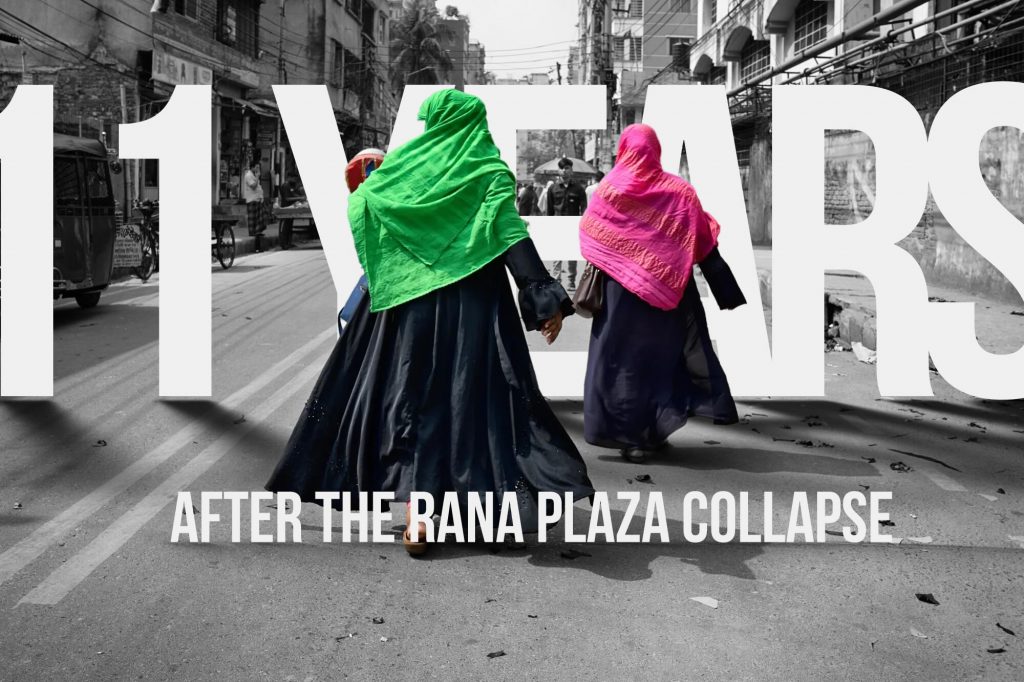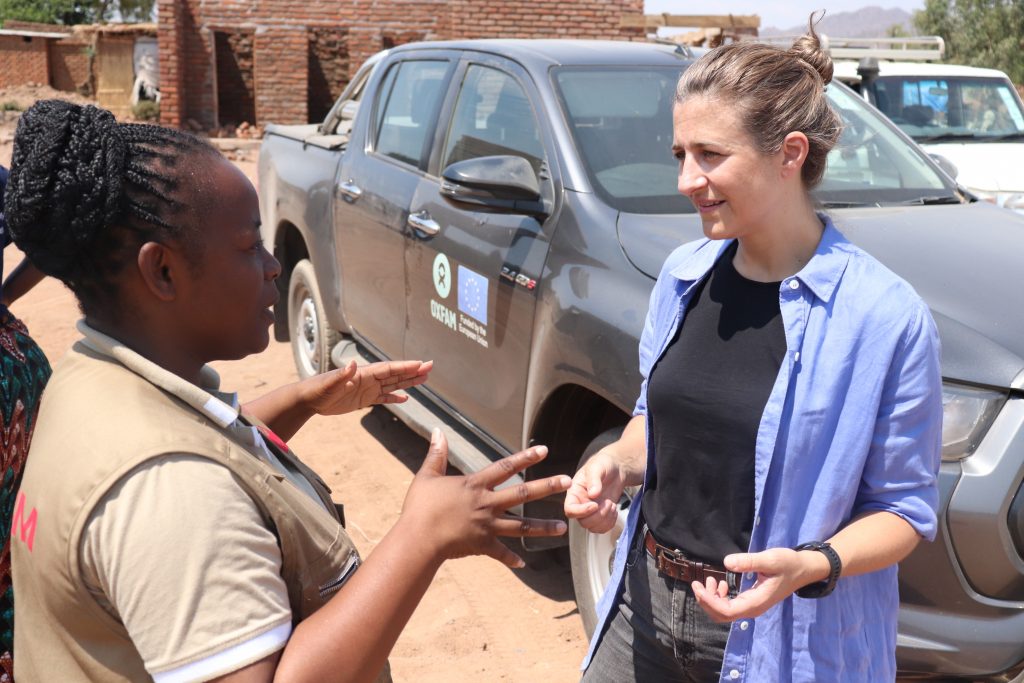Why Women’s Rights?
At Oxfam, we believe that ending poverty begins with women’s rights.
Why women’s rights? It's a simple answer: Gender is the most persistent predictor of poverty and powerlessness in our world today.
Did you know that an estimated 150 million people in 34 developing countries could escape hunger if women had the same access to farming as men? Or that of the 800 million people over the age of 15 who cannot read or write, two-thirds are women? Maybe you’ve heard this one before: worldwide, women earn 23% less than men on average.
At Oxfam, we put women’s rights at the center of everything we do, because when women’s rights are respected, women are healthier, better educated and better paid. Children, communities, organizations and societies thrive, and the benefits last for generations.
How do we work to end poverty and protect women’s rights?
We know that charity is not enough, so we take a unique, three-pronged approach to ending poverty for good. The three pillars of our work are humanitarian response, long-term development, and advocacy and campaigning.
Through our humanitarian response, we provide emergency aid when disaster strikes or conflict breaks out. Together with our partners and local communities, we save and rebuild lives while ensuring that women’s perspectives inform humanitarian responses. We also advocate for local women’s leadership in emergencies, working to shift power in the humanitarian system to local leaders who are best placed to respond to emergencies and rebuild their communities over the long term.
Hodan Mohamed is a public health engineer from Somaliland who works at Oxfam Somalia on a water, sanitation and hygiene program. As climate change and extreme weather events contribute to humanitarian needs reaching unprecedented levels, this project has been critical in addressing the long-standing lack of access to clean and safe water in Somalia, and benefits women who would have otherwise had to travel long distances in search of water.
"I love working in the field. It gives me a chance to interact with the people we are helping. It's fulfilling to see the impact our work has on their lives”
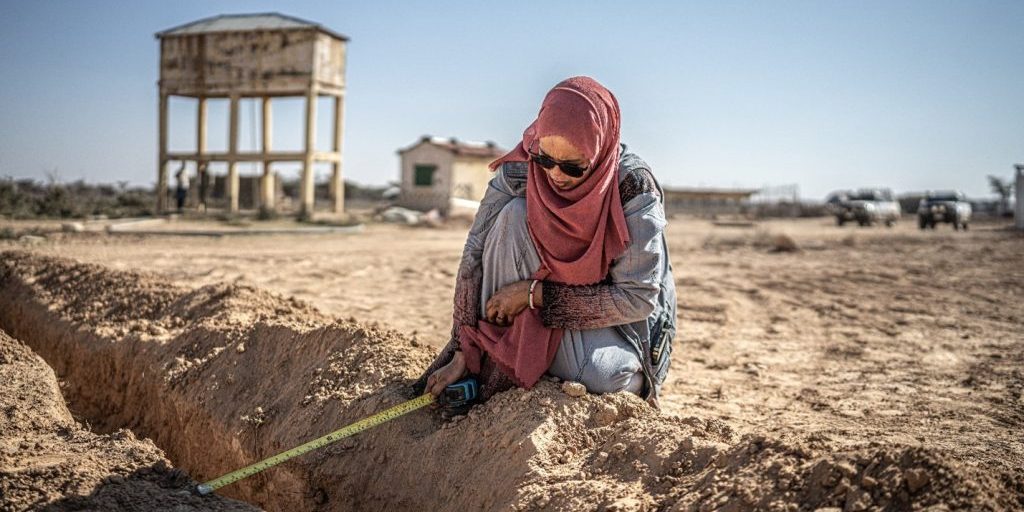
Our long-term development work supports projects that help women assert their rights and build better lives for themselves and their communities. We design programs for women, in consultation with women’s rights organizations.
For example, Her Future, Her Choice (HFHC) is a six-year project designed to improve the sexual health and reproductive rights of women and girls in Sub-Saharan Africa, where adolescent birth rates are some of the highest in the world. In Nagor, Mozambique, where abortion is legal but women face many barriers to safe access, Oxfam and our partner, Pathfinder, are setting up committees that work with local health centers to improve communication and trust between the community and healthcare providers. "I had heard of safe abortion but didn't know about the specific procedures to provide it," said Lina Francisco Manuel; a maternity ward nurse who joined 234 other health care providers in a training offered by the HFHC project.
The high pregnancy rate in adolescent girls is exacerbated by a lack of education and family planning resources and a low demand for and use of contraceptives. Through sharing information and providing training to local communities on safe abortion, this project helps place decision-making power in matters related to reproductive health back into the hands of women and girls by giving them the information they need to make informed choices.
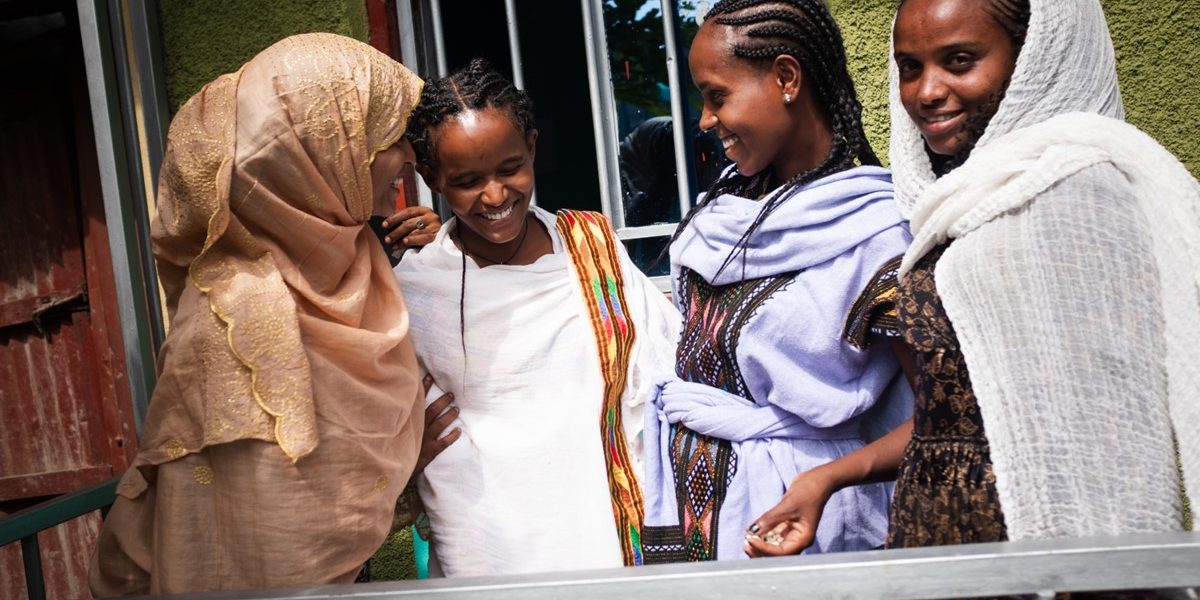
Through our advocacy and campaigning, we work to change the laws and practices that perpetuate inequality and keep women trapped in poverty. We harness the power of people to change systems for the better.
What She Makes is a campaign demanding Canadian fashion brands pay the women who make our clothes a living wage. Through this campaign, we’re using our influence, as well as our 40,000+ campaign supportersto call on Canadian brands to embrace an equitable fashion industry, free from the exploitation of women and the violation of human rights. We collaborate with organizations, movements and trade unions, lobby the Canadian government to influence policy change, and regularly meet with Canadian fashion brands to discuss their progress towards building a more equitable fashion industry.
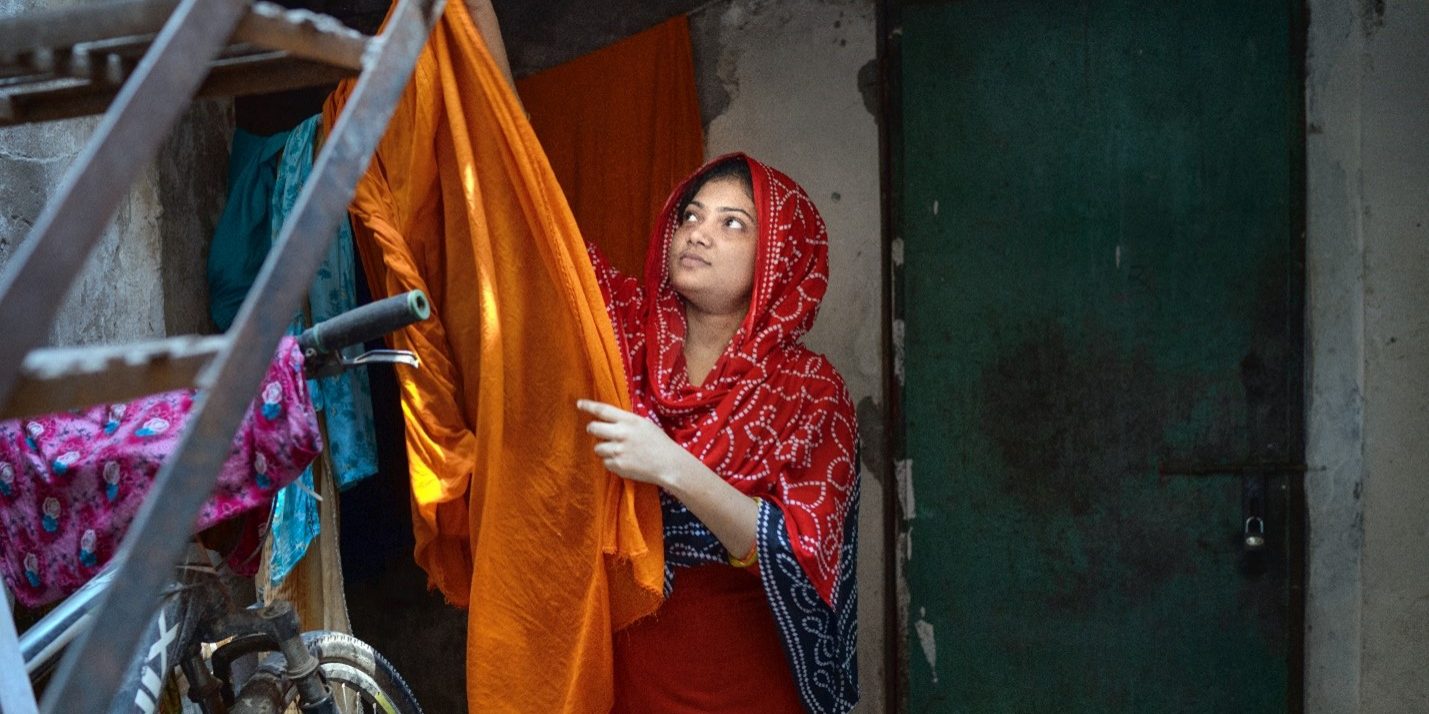
Through these three pillars, we’re fighting for a future that is equal, just and fair – and women’s rights remain at heart of this work.
Tara Robinson is a Social Media and Communications Officer at Oxfam Canada.
